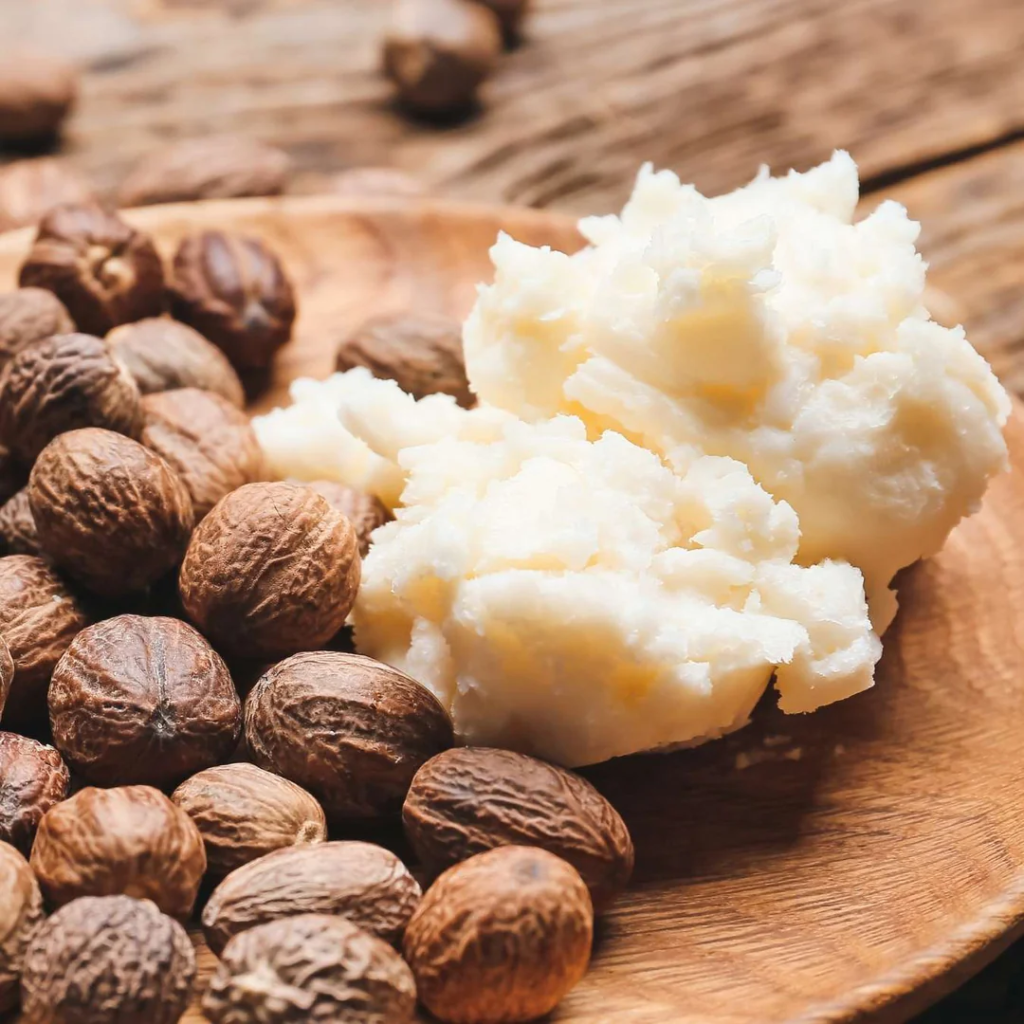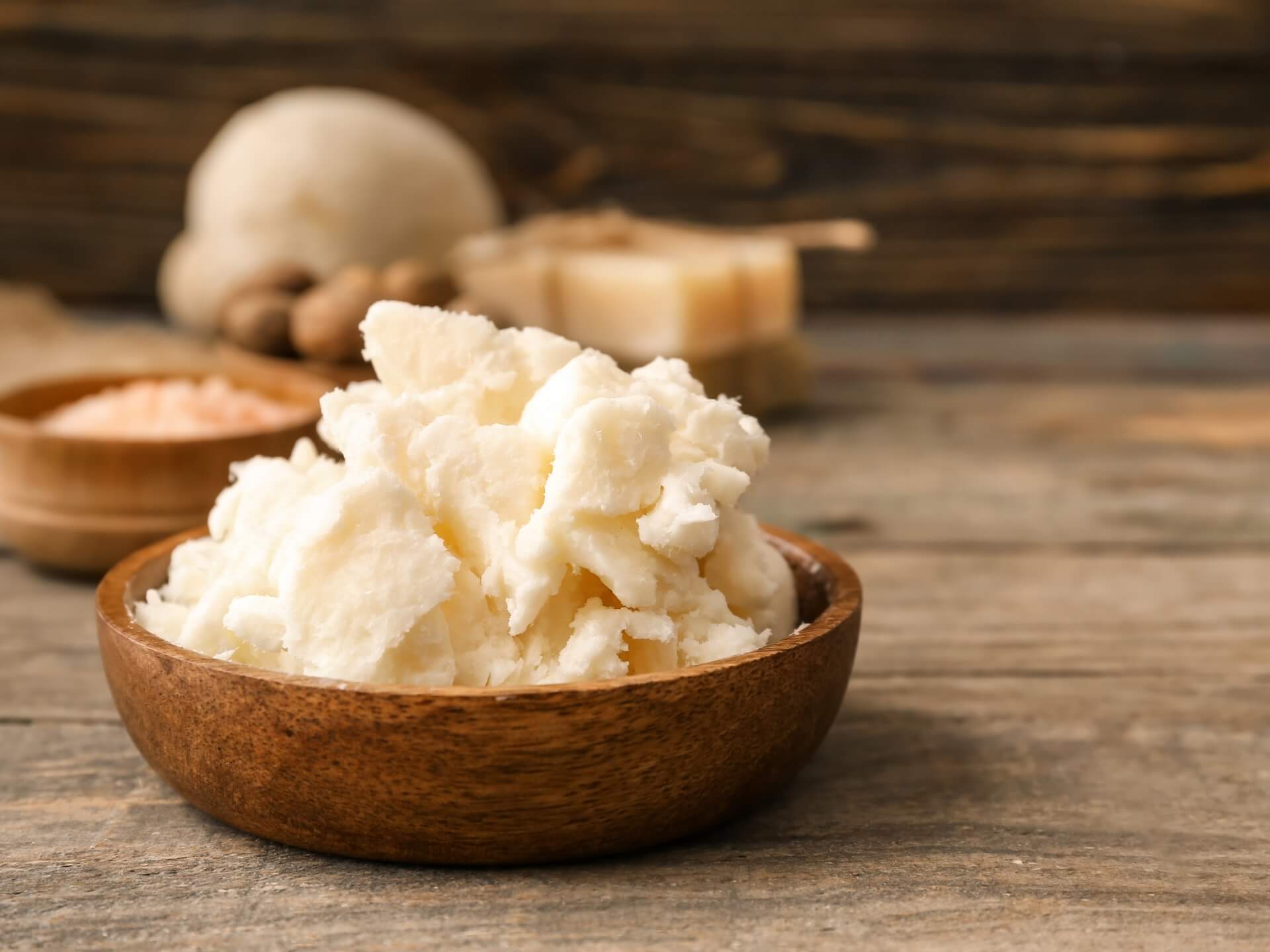Shea butter, derived from the nuts of the African shea tree (Vitellaria paradoxa), has been a staple in skincare and traditional medicine for centuries. However, in recent years, its remarkable properties have gained recognition in the medical field globally. From wound healing to inflammatory conditions, shea butter’s therapeutic potential has sparked interest among researchers and healthcare professionals. This article explores the diverse applications of shea butter in medicine, its unique chemical composition, and the global impact it has on healthcare and local economies.
Chemical Composition and Nutritional Value:
Shea butter stands out due to its rich composition of fatty acids, vitamins, and bioactive compounds. It is primarily composed of oleic acid, stearic acid, linoleic acid, and other fatty acids. These components contribute to its emollient and moisturizing properties, making it a key ingredient in various skincare products. Additionally, shea butter contains vitamins A, E, and F, providing antioxidant protection and promoting skin health.
The high concentration of triterpenes in shea butter contributes to its anti-inflammatory and anti-oxidative effects. These compounds have been linked to potential therapeutic benefits, especially in addressing skin disorders and promoting wound healing.
Wound Healing Properties:
One of the most promising aspects of shea butter in the medical field is its role in wound healing. The unique combination of fatty acids, vitamins, and anti-inflammatory compounds accelerates the healing process and reduces inflammation.
Research indicates that shea butter exhibits anti-bacterial and anti-fungal properties, which can prevent infections in wounds. The emollient nature of shea butter forms a protective barrier on the skin, preventing moisture loss and promoting a conducive environment for tissue repair.
Moreover, shea butter has been used traditionally in African communities for treating cuts, burns, and insect bites. Its effectiveness in wound healing has led to increased interest in incorporating shea butter-based formulations in medical settings and wound care products globally.
Dermatological Applications:
Beyond wound healing, shea butter has extensive applications in dermatology. Its moisturizing properties make it an excellent remedy for dry skin conditions such as eczema and psoriasis. The anti-inflammatory effects can also alleviate symptoms associated with these skin disorders.
Shea butter’s ability to improve collagen production and skin elasticity contributes to its anti-aging properties. It is a common ingredient in anti-wrinkle creams and formulations designed to reduce the appearance of fine lines.
In addition to its use in treating existing skin conditions, shea butter is often recommended for general skincare to maintain healthy and hydrated skin. Its natural origin and minimal side effects make it an attractive option for individuals with sensitive skin.

Anti-Inflammatory and Pain Relief:
The anti-inflammatory properties of shea butter extend beyond dermatological applications. Its potential in alleviating inflammation and reducing pain has been explored in conditions such as arthritis and muscle soreness.
Studies have shown that the triterpenes in shea butter can inhibit inflammatory pathways, offering a natural alternative to conventional anti-inflammatory medications. While more research is needed in this area, the initial findings suggest that shea butter could play a role in managing chronic inflammatory conditions.
Global Impact on Local Economies:
The production and export of shea butter have a significant impact on the economies of countries in West Africa, where the shea tree is native. The shea industry provides employment opportunities for millions of women who are involved in harvesting and processing shea nuts.
Organizations and initiatives focused on empowering women in these regions have recognized the economic potential of shea butter. By promoting fair trade practices and sustainable harvesting methods, these initiatives aim to improve the livelihoods of local communities and contribute to poverty alleviation.
The global demand for shea butter in the cosmetic and medical industries has driven the growth of the shea industry, creating economic opportunities beyond local markets. As consumer awareness of natural and sustainable products increases, the demand for ethically sourced shea butter continues to rise, positively impacting the economies of shea-producing regions.
Challenges and Opportunities:
While shea butter holds immense promise in the medical field, there are challenges that need to be addressed. Quality control, standardization of production methods, and ensuring fair compensation for local producers are essential considerations. Collaboration between local communities, governments, and international organizations is crucial to overcome these challenges and maximize the positive impact of shea butter.
Research into the specific mechanisms of action and optimal formulations for medical applications is an ongoing area of interest. Continued exploration of shea butter’s potential in wound healing, dermatology, and inflammatory conditions will contribute to its integration into mainstream medical practices.
Conclusion:
Shea butter’s journey from traditional remedy to a globally recognized therapeutic agent in the medical field reflects its remarkable properties and versatility. Its chemical composition, rich in fatty acids, vitamins, and bioactive compounds, positions shea butter as a natural wonder with wide-ranging applications.
The medical community’s increasing interest in shea butter is not only driven by its efficacy but also by the sustainable and ethical practices associated with its production. The global impact of shea butter extends beyond its medicinal applications, influencing economies and empowering communities in shea-producing regions.
As research in the field progresses, shea butter is poised to become a staple not only in skincare but also in medical treatments and interventions. The integration of shea butter into mainstream medical practices represents a harmonious blend of traditional wisdom and modern scientific exploration, promising a healthier and more sustainable future for individuals and communities around the world.
Ajigofarms is a reliable global agricultural purchase sourcing with profound expertise in the manufacturing, and exportation of food crops. We are tested, and trusted suppliers of all kinds of cash crops and food crops. Our constant supply chain solution makes exporting easy, quick, and safe, we are identified with timeliness and meeting up with deadlines. Regardless of the region you are located in worldwide, you can reliably order your Agric products and be rest assured of successful delivery.




